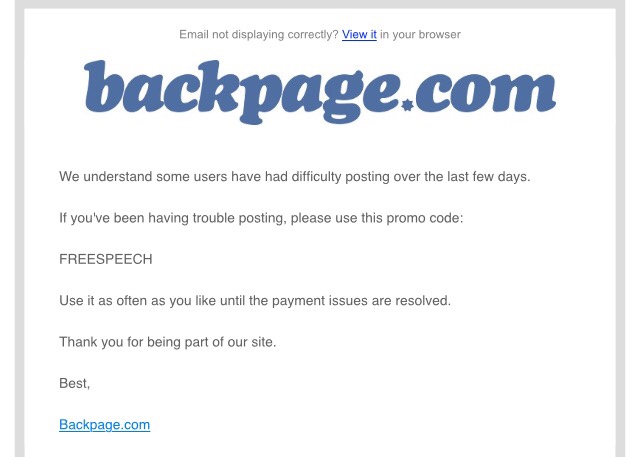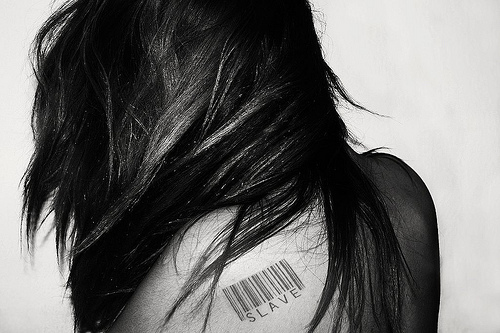On April 4, 2014, Anchorage Police Department officers responded to a report of a “hysterical female.” The woman reported that she had lost her purse and she believed her coworker had taken it. In response, she’d threatened to tell the police about the “prostitution ring” they were involved in, and her coworker had threatened to… Continue reading The State Is A Trafficker: Why Alaska Arrested Amber Batts
Category: Trafficking
Celebrity And The Spectacle Of The Trafficking Victim
With Amnesty International’s announcement that its membership will vote on a policy of decriminalization of prostitution this weekend and subsequent protests from celebrities, there’s been considerable verbal diarrhea spewed from the mouths of rich people on the topic of “privilege.” Sex workers like me—people who have the time and energy to advocate for human rights—have… Continue reading Celebrity And The Spectacle Of The Trafficking Victim
What the hell is going on with Backpage? Part II
Update: Backpage filed a federal suit today against Cook County Sheriff Tom Dart for violating its free speech and equal protection rights after the Sheriff successfully pressured credit card companies to break with the company this month. In the suit, Backpage requests a preliminary injury, so that credit card processing will be restored to the… Continue reading What the hell is going on with Backpage? Part II
What the hell is going on with Backpage?
This week, after an informal request from a law enforcement officer, Visa and MasterCard announced that they would no longer let their cards be used to process payments to Backpage.com, the most widely used site for adult advertising in the United States. American Express had already pulled out earlier in the year. This leaves Bitcoin… Continue reading What the hell is going on with Backpage?
Casualties of War: The Wars on Drugs and Trafficking
After several years of working in nonprofit agencies that take a harm reduction approach to working with drug users and sex workers, I’ve observed many similarities between the war on drugs and the war on trafficking. As the drug war has lost popularity, the war on trafficking has gained momentum. Both the war on drugs… Continue reading Casualties of War: The Wars on Drugs and Trafficking




